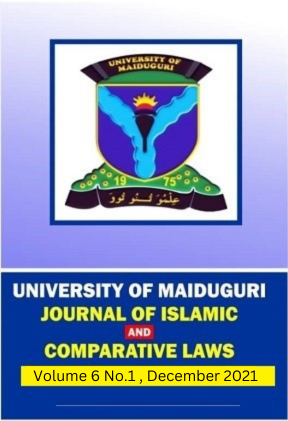TAXATION OF DIGITAL ECONOMY: THE CONSEQUENCES OF NIGERIA'S REFUSAL TO ENDORSE THE OECD G20/IF DIGITAL TAX AGREEMENT
The emergence of the internet has turned the world into a
Global village. People across the Globe and in all walks of
life can now transact business with one another without
geographical limitations. Thus, it has become possible for
Multinational enterprises (MNEs) and other non-resident
companies (NRCs) in the West or anywhere to deal with
their targets in other regions, such as Africa, without the
necessity of physical presence or the incorporation of a
subsidiary in the region or country of interest. The result is
that the countries where those goods or services are sold
(the market jurisdictions) are deprived of the opportunity
of taxing those MNEs or NRCs because the extant
traditional international tax regime relies heavily on
physical presence in a tax jurisdiction. To remedy the
situation, several countries of the world, including Nigeria,
came up with the idea of unilateral digital services tax
which puts the MNEs at risk of multiple taxations on the
same stream of income. The Inclusive Framework (IF) on
Base Erosion and Profit Shifting (“BEPS”) led by the
Organization for Economic Cooperation and Development
(“OECD/G20) is primarily set up to resolve the problems
of digital taxation that often lead to multiple taxation in
several jurisdiction or no taxation at all. The OECD/G20 IF
came up with a resolution on how to tax digital earnings –
especially in market jurisdictions. The opposition to this
proposal comes mainly from developing economies.
Nigeria is one of the countries that have not signed up to
this proposal. The sum of the views against the agreement
is that the OECD/G20 IF does not favor developing
countries with low gross domestic product. This paper evaluates the rationale for Nigeria’s refusal to endorse the
OECD/G20 IF. It further evaluates the possible benefits
that may accrue from the deal; and makes a case for
harmonization of conflicting interests for the benefits of the
parties at both ends.
There are no reviews for this Journal.
About the Journal
About
Editorial Team
Curent issues
Archive
DOWNLOADABLES
Guide for contributors
Authors Response Form
Manuscript review Form
Make a Submission

